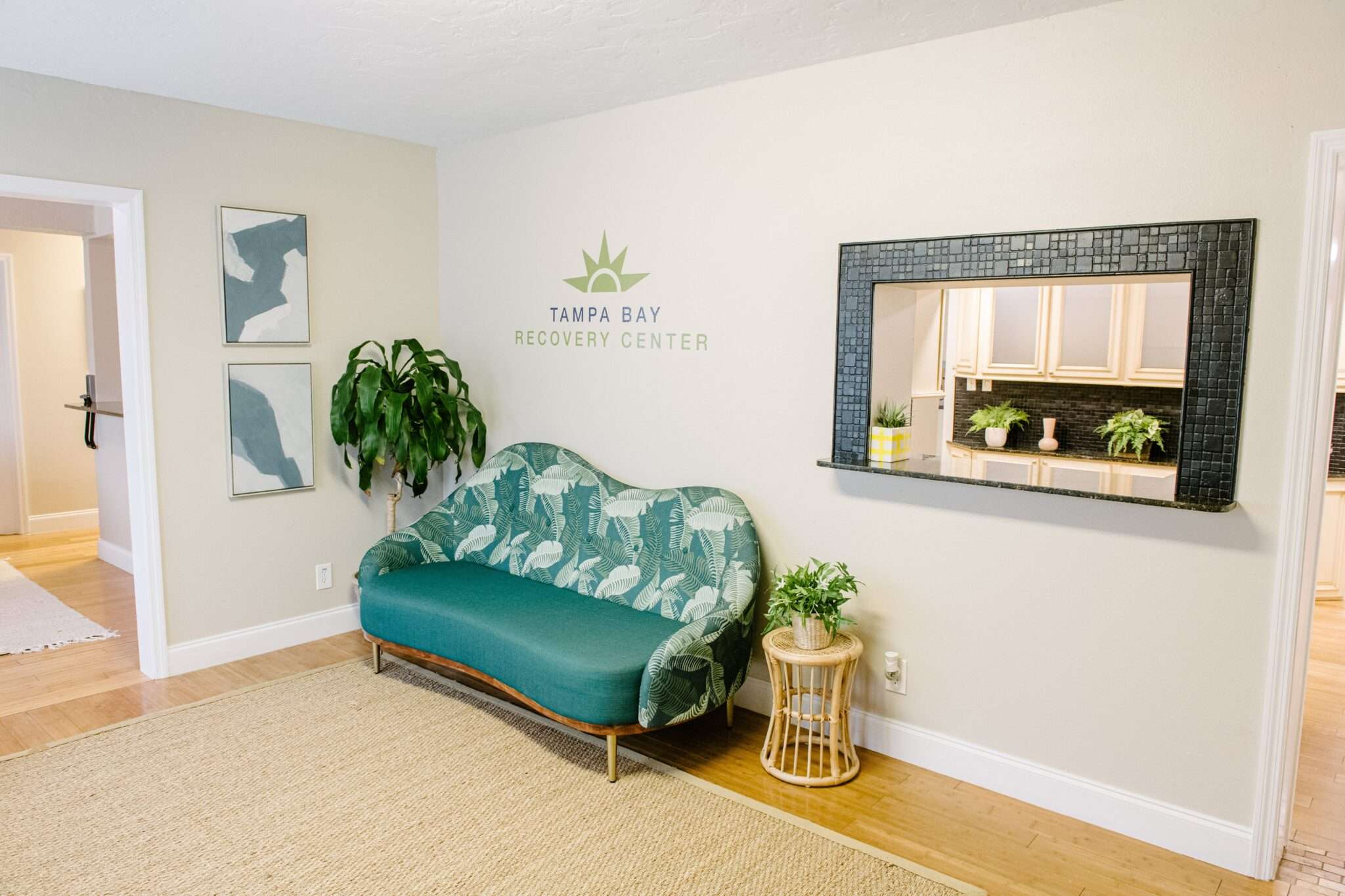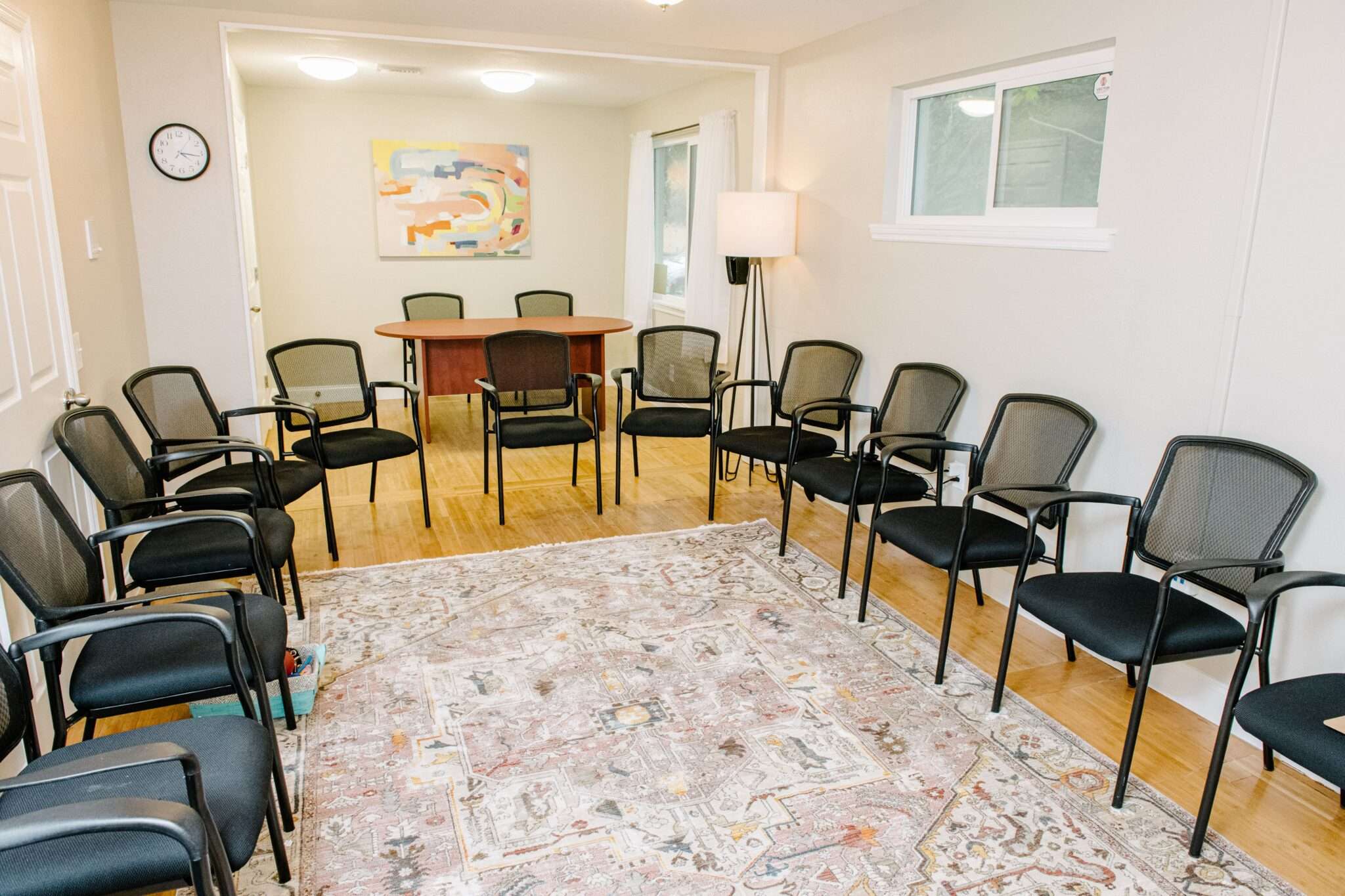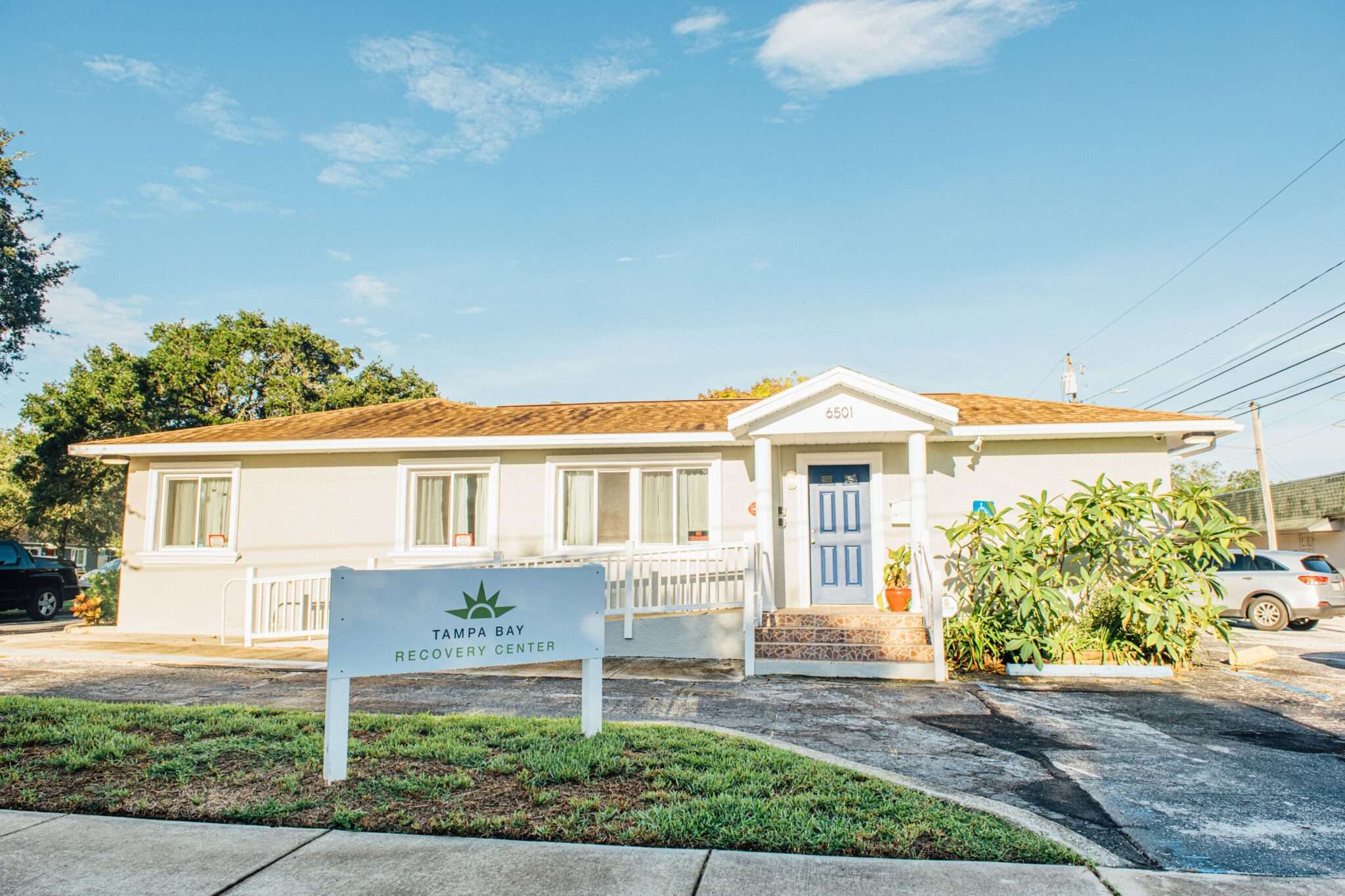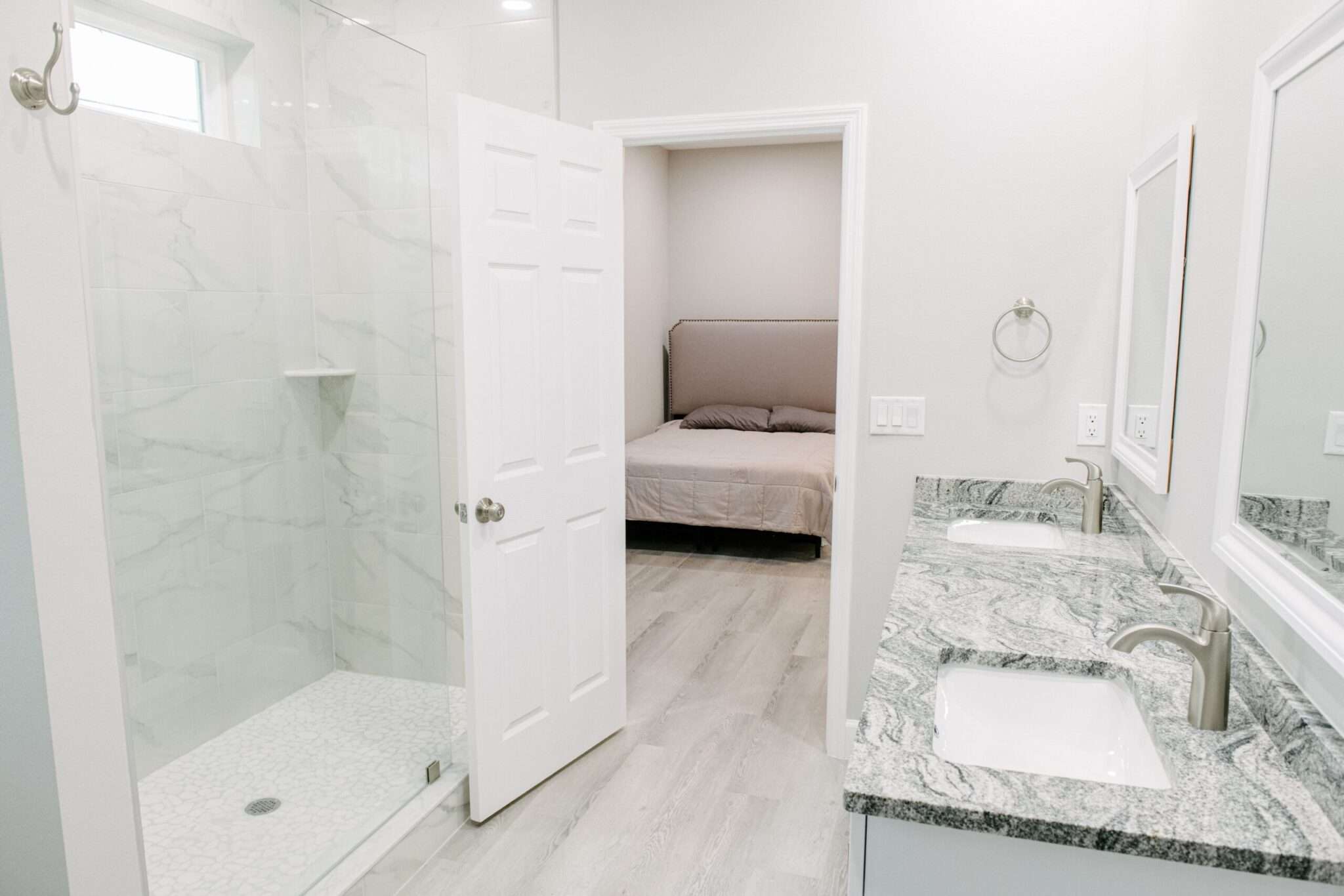Antidepressants are one of the first lines of treatment for depression and anxiety disorders. However, you could have signs and symptoms of mild serotonin syndrome if you take antidepressants along with other medications, illegal drugs, or supplements. Knowing the signs and symptoms can help you understand the potential side effects of drug interactions with antidepressants.
What Are the Signs and Symptoms of Mild Serotonin Syndrome?
Mild serotonin syndrome occurs when you have too much serotonin in your body due to drug interactions. Having too little serotonin in your system can cause problems, like depression, mood swings, anxiety, and sleep disturbances. However, having too much can also cause issues like serotonin syndrome.
Mild and moderate signs of serotonin syndrome include the following:
- Nervousness
- Nausea and vomiting
- Diahrrea
- Tremors
- Dilated pupils
- Agitation
- Muscle spasms or twitching
- Sweating
- Chills
- Abnormal eye movements
Severe symptoms of serotonin syndrome include:
- Fever
- Confusion and delirium
- Rapid heart rate
- Hypertension
- Abnormal or irregular heart rate
- Seizures
- Fainting
What Causes Mild Serotonin Syndrome?
Certain prescription medications, over-the-counter drugs, illegal drugs, and supplements can cause mild serotonin syndrome. Overall, any drug or supplement that increases serotonin levels can cause this syndrome. However, it’s usually the interaction of these substances that produces excessive serotonin levels.
Antidepressants (Is Your Dose Too High?)
Antidepressants treat depression and anxiety disorders by increasing the amount of serotonin in your body. Your psychiatrist will help you find the right type and dosage to address your symptoms with minimal side effects. But, can your antidepressant dose be too high?
Typically, mild serotonin syndrome happens because of drug interactions—and not just antidepressants alone. So, if you are taking an antidepressant, you need to be cautious about taking other substances. Otherwise, you could develop signs and symptoms of mild serotonin syndrome.
But, that isn’t to say that your antidepressant dose can’t cause this syndrome. It’s just that it’s more common when you take other drugs or when you make changes to your antidepressant.
Prescription Medications (In Addition to Antidepressants)
If you are taking antidepressants, other medications can increase serotonin. So, if you take antidepressants, you need to be cautious about taking opioid painkillers and mood stabilizers for bipolar disorder as well as certain drugs that treat migraines. Also, some antibiotics, HIV/AIDS medications, and anti-nausea medications could increase serotonin levels.
Always talk to your psychiatrist about any prescription drugs you take for medical conditions.
Over-the-Counter (OTC) Drugs
Some over-the-counter (OTC) drugs increase levels of serotonin in the body. Cough and cold medicines that contain dextromethorphan affect serotonin levels. Therefore, it’s important to talk to your psychiatrist or primary care physician (PCP) about harmful OTC interactions when taking antidepressants.
Illegal Drugs
Illegal drugs, especially opioids like heroin and stimulant drugs like cocaine or meth, can affect the levels of serotonin in your body. If you take antidepressants for a mental health disorder and struggle with addiction, you might have a dual-diagnosis disorder. Our dual-diagnosis treatment program can help you overcome both addiction and depression.
As always, be honest with your doctor and psychiatrist if you use illegal drugs. They aren’t going to judge or punish you—they just need to know what’s going on in order to help you.
Herbal and Dietary Supplements
Some herbal and dietary supplements can increase levels of serotonin. Many people who take herbal supplements to improve their mood don’t think of it as a medication. But supplements like St. John’s wort, ginseng, and nutmeg can increase serotonin—in fact, that’s how they work.
But, if you’re already taking antidepressants, herbal supplements could add too much serotonin to the mix. If you are using supplements to enhance the effects of an antidepressant, talk to your psychiatrist. They can safely and gradually adjust your dosage or try a new type of antidepressant.
Dietary supplements with tryptophan can also cause mild serotonin syndrome when taken in excess or with other medications.
Therefore, it’s important to talk to your doctor or psychiatrist about supplements that you use while on antidepressants.
How is Mild Serotonin Syndrome Treated?
Treatment of mild serotonin syndrome depends on the severity of your symptoms. Mild symptoms usually go away on their own within 24 to 72 hours after you change your medication or stop harmful drug interactions. However, for moderate or severe symptoms, you could need assistance at the hospital for observation or admission.
Will My Depressive Symptoms Return if I Stop Taking Antidepressants?
So, if you’re taking an antidepressant for a mental health disorder, what can you do? After all, if you stop taking your antidepressant, won’t your symptoms return?
The short answer is yes, your symptoms will most likely return if you stop taking your antidepressant. But, your psychiatrist probably won’t stop your prescription completely—unless your symptoms are severe.
First, they will recommend you stop taking any other substances that could increase serotonin levels. Hopefully, it’s the interactions and not the antidepressant alone causing mild serotonin syndrome. But, if that doesn’t work, they can adjust your medication to a therapeutic level.
What is a Therapeutic Level of Medication?
A therapeutic level of medication is essentially when your medication is “just right”—ie, not too much or too little. When your antidepressant dose is too low, it’s not effective. But, when it’s too high, it’s also not effective because it causes other issues.
It takes some time to get the levels of your antidepressant just right. You’ll need to have regular appointments with your psychiatrist when you make changes. It’s important to communicate how well the medication works and makes you feel.
In addition, medication alone won’t treat depression and anxiety. You’ll need a comprehensive plan that also includes psychotherapy, peer support, and holistic approaches for the best outcomes in treatment.
Get Help for Mild Serotonin Syndrome Today
If you take an antidepressant for a depressive or anxiety disorder, you need to be aware of how having too much serotonin can negatively impact you. Drug interactions as well as supplements can cause high levels of serotonin, which causes unpleasant side effects. You might need to adjust your medications, treat co-occurring drug addiction, or try additional treatments.
Gulf Coast Recovery Center is here to help you with our outpatient mental health and dual-diagnosis treatment programs. Contact us today to get started.
















